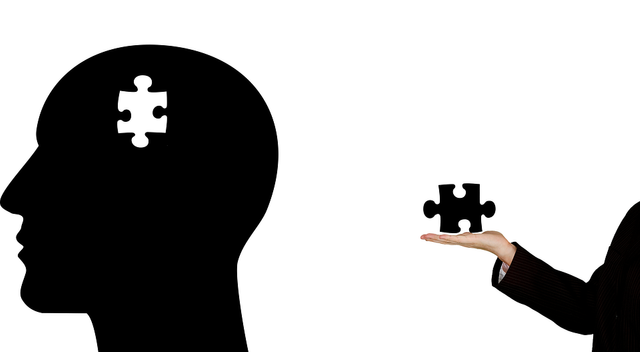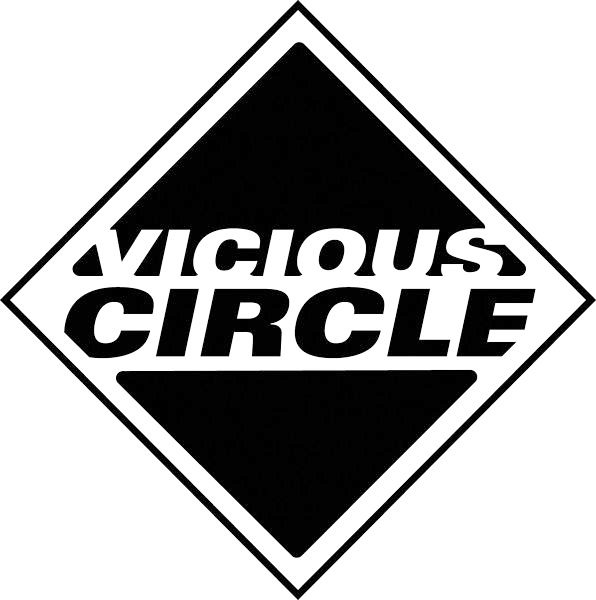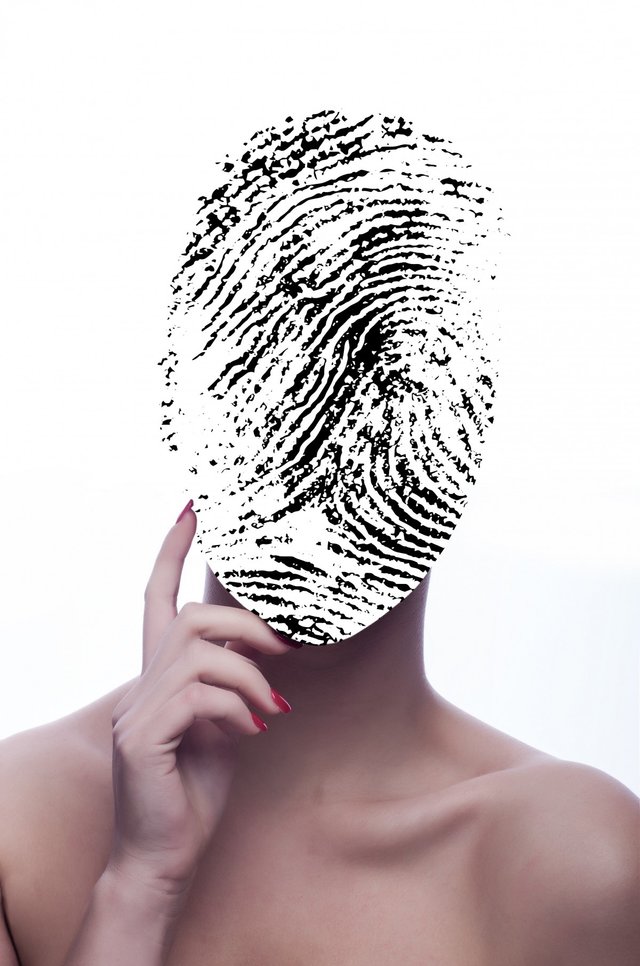The true impact of cognitive disorders in our mind
The true impact of cognitive disorders in our mind
Lately, I've been very immersed in the world of psychology and psychological disorders, recently I came across what is perhaps one of the terms most used to explain a lot of these disorders, self-esteem.

Pixabay
Public Domain
One of the most used terms, treated, and consequently misrepresented many times.
It was the cognitive current that at the time defined self-esteem as the mode (positive or negative) in which we judge ourselves. Assuming that positive self-esteem, usually derived from positive thoughts accompanied by a more optimistic appreciation of the future, and of course an innate sense of happiness.
However, from my point of view (that of no expert) self-esteem should not be interpreted as a factor imposed on our mind, something that does not change with time and according to the different scenarios we face. In fact, according to my point of view, self-esteem is so unpredictable that it usually increases or decreases depending on some cognitive distortions.
Low self-esteem.
When we have high self-esteem, this usually generates in us a feeling of happiness and acceptance that is very self-indulgent.
However, when the case is reversed and our self-esteem is low, all complacent sensations quickly evaporate and negative thoughts are usually triggered without distinguishing the scenario in which we find ourselves. I don't mean that one thing is the cause of the other because in many cases it isn't, but in many circumstances, a bad self-esteem will be the cause and consequence of negative thoughts and perceptions.
And it is when we experience that vicious circle when cognitive distortions, irrational ideas, and negative thoughts are revealed.
The triad of mental illness, according to cognitive psychology.
Cognitive Distortions.
Basically, they are all the wrong ways to face and process reality, misinterpretations of what is happening around us, causing a number of negative consequences.
Where are they hiding?
If we come to clearly understand how cognitive distortions operate, we will clearly realize that they are basically the intermediate step our minds make to convert irrational beliefs into automatically negative thinking. That is the way in which our own mind attacks us.
Let's give a general example to simplify things.
We get up one day and start our usual routine of mornings, shower, coffee, and breakfast. Without having anything magnificent this process is gradually filling us with positivism (in most cases). Then we embark on our way to our work thinking perhaps about how close we are to reach that long-awaited promotion for which we have worked so hard.
We do not stop thinking "I'm sure they give it to me, I deserve it, I worked very hard for it".
But what if, when we arrive quickly, we realize that we have lost it and that, contrary to what we thought, another teammate has won the promotion.
A situation that usually occurs in work environments, isn't it?
Well, let's see what our mind would do if it followed the path traced by some of the most harmful cognitive distortions.
Overgeneralization.
Basically, it is about taking a certain situation, drawing a general conclusion from it and not verifying that conclusion, making that in our mind that conclusion to that scenario is the only possible.
"I was never good enough to earn the promotion" is what we would think if we overgeneralize the situation that I raised earlier.
We are overgeneralizing when we use terms that are too definitive.
Global labeling.
We would act and think the same as in the previous case, the only thing that would change is that we would define ourselves as losers or defeated.
This is when we started using insulting labels, clichés, and stereotypes to explain our situation
Filtering.
When this distortion appears, basically our mind filters reality and selects only the negative aspects, discarding everything else.
Following the example that I proposed, we would focus on the loss of the promotion without contemplating other scenarios, and how useless we are, leaving forgotten the opportunity we have to improve and grow, as well as rejoice for the triumph of our partner.
This distortion usually appears when we begin to make ourselves self-critical persistently, by past issues, losses, injustices, or stupidities.
Polarized thinking.
This cognitive distortion mainly changes our way of thinking and leads us to adopt an absolutist way of thinking; adopting too radical positions, white or black, with no half-way option.
Adopting this distortion, the example given would start from the premise:
"If I don't get the promotion, my professional future will be over".
Plot challenges, goals or realities with conditions ("if not ...") and putting conditions ("or give me the position, or ...") gives us the clue to be going through this distortion.
Self-accusation.
We adopt a thought so radical that we make all the blame fall on ourselves, regardless of whether we are guilty or not.
Applied to the example our position before the problem would be:
"How was I going to get the promotion if I do everything wrong, what a fool I was for believing I had a chance."
Our mind leads us to think that we are guilty of something, and compels us to ask for compulsive forgiveness.
Personalization.
This distortion usually appears in circumstances where we tend to think that we are guilty or are in some way related to all the problems of our reality. It is very similar to self-accusation, only that in this case it would put us at the center of the problem, regardless of whether we really have something to do with it. Besides, It makes us go through the villain of all the stories, even the ones of the others.
In the example, the thought would be something like " I should have known that n would get the promotion. My boss never liked me and I'm sure he conspire with my partner to screw me. "
Mindreading.
In this case, the error or the distortion is in thinking that we are sure of what others feel or believe about us. What happens is that we assume that other people tend to believe in the same way that we do.
This is perhaps one of the most damaging cognitive distortions because it subjects us to a constant attack on our self-esteem. Basically, it was like this: " Of course I would not get the promotion if my boss doesn't like me. Surely he thinks I don't do a good job. "
Conclusion.
In conclusion, self-esteem has played an important role in our lives, so it is extremely important that we are able to detect problems or alterations in our minds in such a way that we can reverse them.
The appearance of these cognitive distortions is a clear indication that, although we do not realize, there are alterations that operate silently within our body causing us to have an erroneous and blinded version of what actually happens.
Through a very simple example we have been able to realize that in many occasions, regardless of the scenario that presents itself to us, we tend to complicate our lives; giving it hundreds of laps and dedicating thoughts to things that we should not and that are beyond our control.
It is therefore important to always remember that we should not deviate from our goals and that we should never lose control of our own lives and emotions, in addition to asking ourselves this key question: What now? Will we let a small defeat define us or we will get up and move on?

)


)
)

Blog o promocjach, zakupach z chin, darmowych grach i aplikacjach
Buy Minecraft cheap on G2A
Buy GTA V cheap on G2A
Forum Minecraft
This post has been voted on by the SteemSTEM curation team and voting trail. It is elligible for support from @curie and @minnowbooster.
If you appreciate the work we are doing, then consider supporting our witness @stem.witness. Additional witness support to the curie witness would be appreciated as well.
For additional information please join us on the SteemSTEM discord and to get to know the rest of the community!
Please consider using the steemstem.io app and/or including @steemstem in the list of beneficiaries of this post. This could yield a stronger support from SteemSTEM.